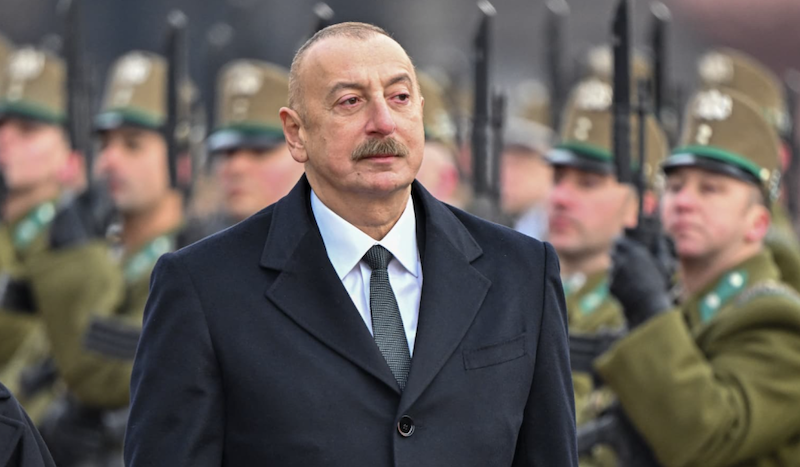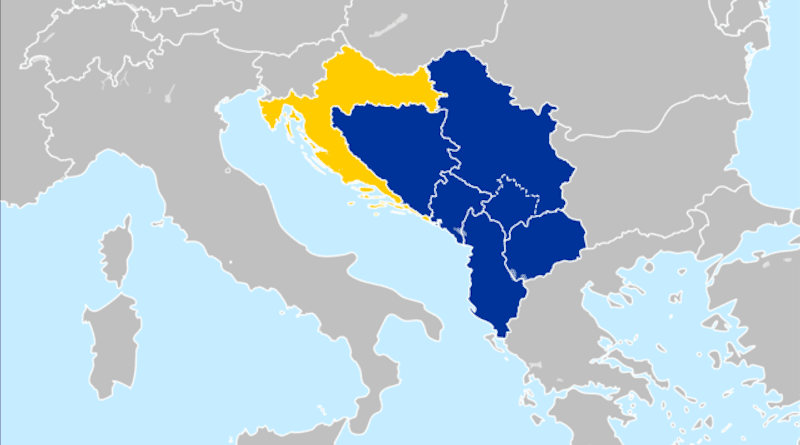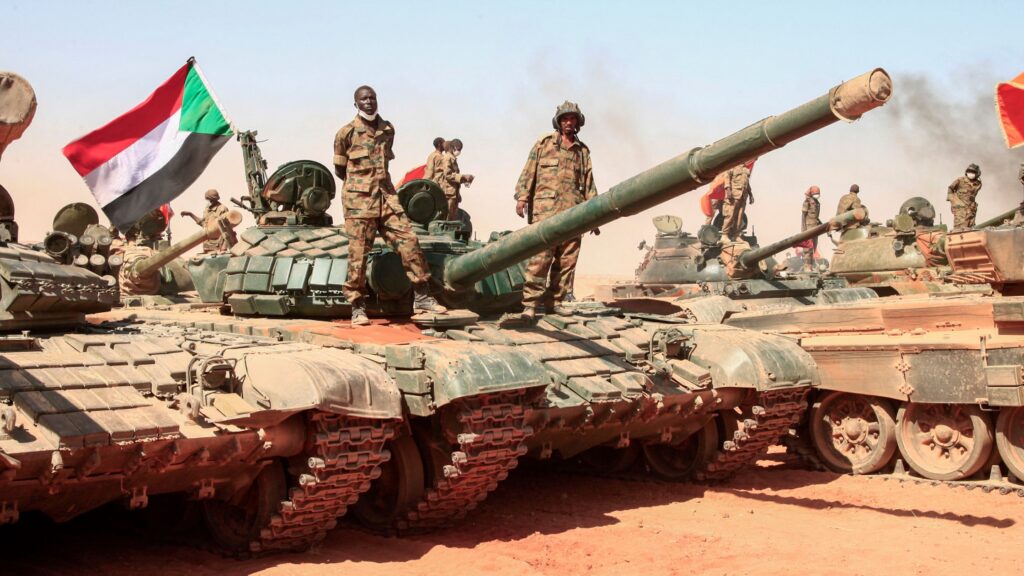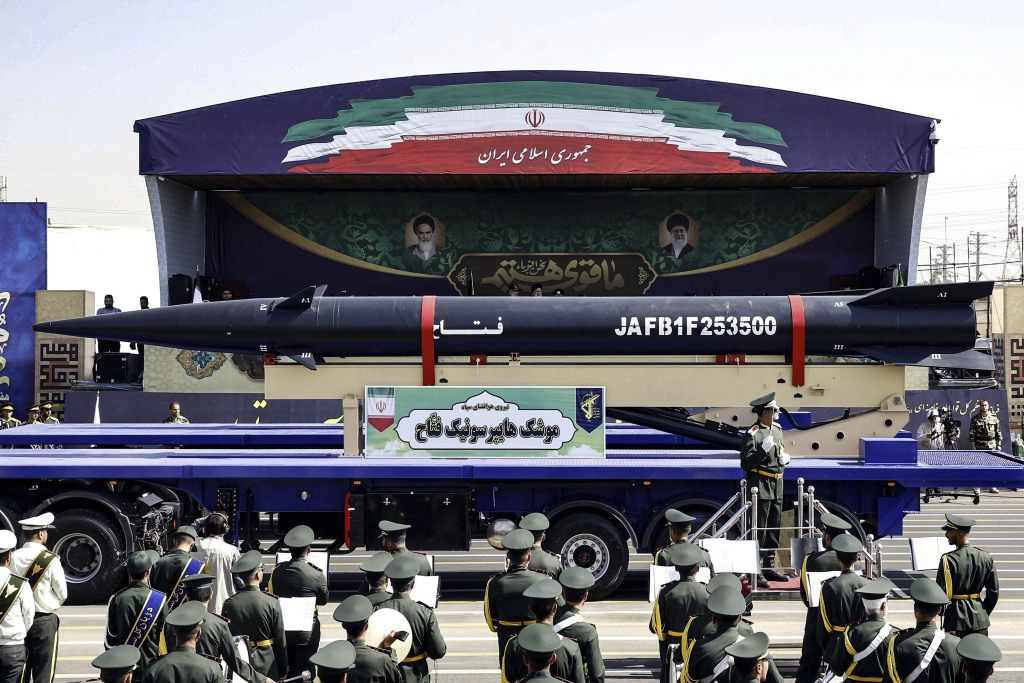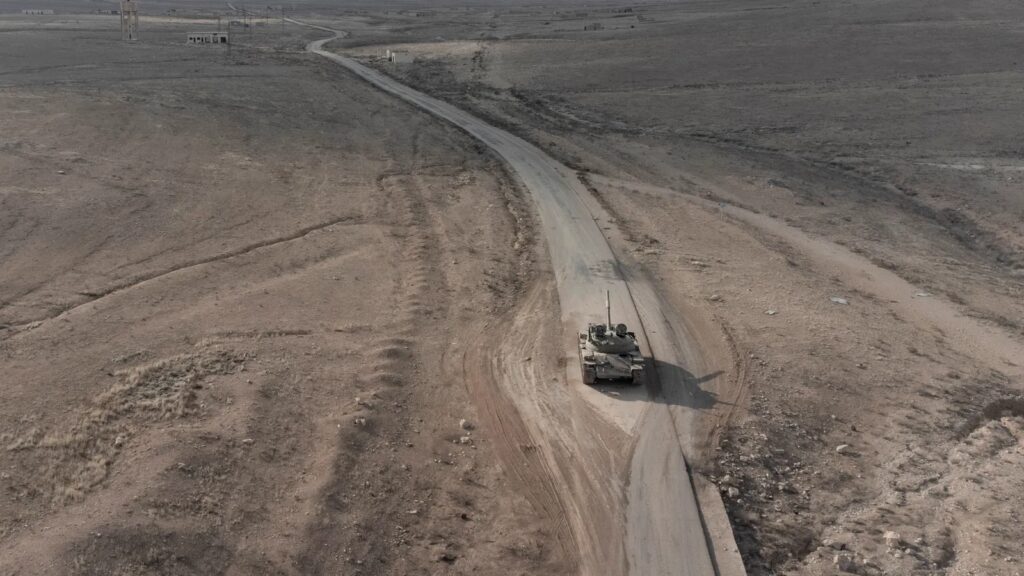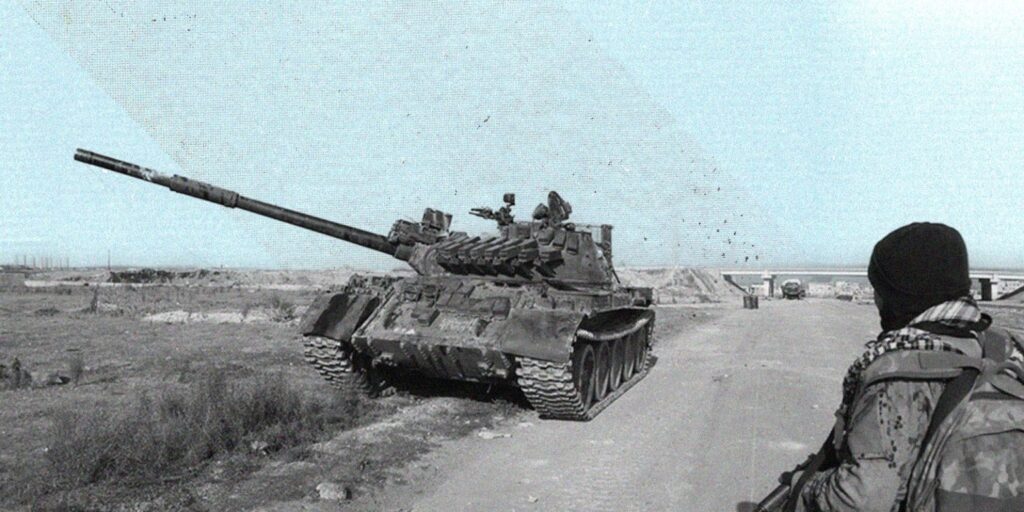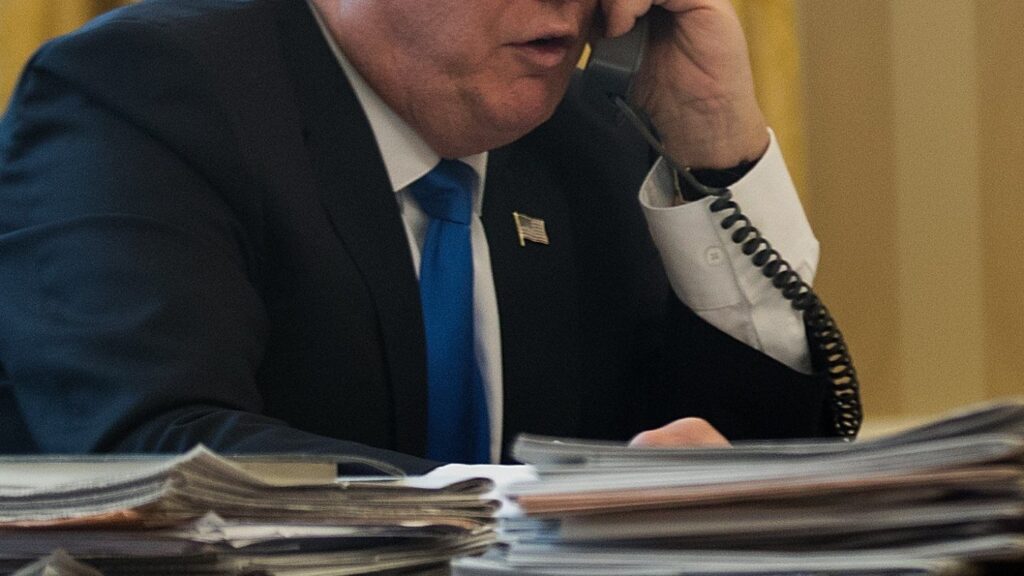
Les apologistes des crimes d’Israël contre les Palestiniens affirment que l’État a le «droit d’exister» dans le but de légitimer le nettoyage ethnique de la Palestine.
Les sionistes qui s’érigent en défenseurs des crimes d’Israël contre le peuple palestinien accusent fréquemment leurs détracteurs de tenter de «délégitimer» l’État juif autoproclamé. Israël, rétorquent-ils, a le «droit d’exister». Mais ils se trompent.
Il ne s’agit pas de singulariser Israël. Le «droit à l’existence» d’un État n’existe pas, point barre. Aucun droit de ce type n’est reconnu par le droit international. Il ne pourrait d’ailleurs logiquement pas exister. Le concept même est absurde. Ce sont les individus, et non des entités politiques abstraites, qui ont des droits.
Les droits individuels peuvent également être exercés collectivement, mais sans porter préjudice aux droits des individus. Le droit pertinent dans ce contexte est plutôt le droit à l’autodétermination, qui fait référence au droit d’un peuple d’exercer collectivement ses droits individuels par le biais de l’autonomie politique. L’exercice collectif de ce droit ne peut violer l’exercice individuel de celui-ci. Le seul objectif légitime d’un gouvernement est de protéger les droits individuels, et un gouvernement n’a aucune légitimité sans le consentement des gouvernés. Ce n’est que dans ce sens que le droit à l’autodétermination peut être exercé collectivement, par un peuple qui choisit lui-même comment il doit être gouverné et consent à cette gouvernance.
Le droit à l’autodétermination, contrairement au concept absurde du «droit à l’existence» d’un État, est reconnu en droit international. C’est un droit qui est explicitement garanti, par exemple, par la Charte des Nations Unies, à laquelle l’État d’Israël est partie.
Le cadre approprié pour la discussion est donc le droit à l’autodétermination, et c’est précisément pour obscurcir cette vérité que la propagande affirme fréquemment qu’Israël a un «droit d’exister». Il est nécessaire que les apologistes d’Israël changent ainsi le cadre de la discussion car, dans le cadre du droit à l’autodétermination, c’est évidemment Israël qui rejette les droits des Palestiniens et non l’inverse.
Et le rejet d’Israël ne se manifeste pas seulement dans l’occupation continue du territoire palestinien. Ce rejet des droits des Palestiniens s’est également manifesté dans les moyens mêmes par lesquels Israël a été établi.
Il existe une croyance populaire selon laquelle Israël a été fondé par le biais d’un processus politique légitime. C’est faux. Ce mythe repose sur l’idée que la célèbre résolution de l’Assemblée générale des Nations unies sur le «plan de partage» (résolution 181 du 29 novembre 1947) a légalement divisé la Palestine ou a conféré une autorité légale aux dirigeants sionistes pour leur déclaration unilatérale de l’existence d’Israël le 14 mai 1948.
En effet, dans cette même déclaration, document fondateur d’Israël, les dirigeants sionistes se sont appuyés sur la résolution 181 pour revendiquer leur autorité légale. La vérité est cependant que la résolution 181 n’a rien fait de tel. L’Assemblée générale n’avait pas le pouvoir de partager la Palestine contre la volonté de la majorité de ses habitants. Elle ne le prétendait pas non plus. Au contraire, l’Assemblée a simplement recommandé la partition de la Palestine en États juif et arabe distincts, qui devraient être acceptés par les deux peuples pour avoir un effet juridique. L’Assemblée a transmis la question au Conseil de sécurité, où le plan a échoué avec la reconnaissance explicite que l’ONU n’avait pas le pouvoir de mettre en œuvre une telle partition.
La déclaration unilatérale des sionistes est souvent décrite comme une «déclaration d’indépendance». Mais il n’en était rien. Une déclaration d’indépendance suppose que le peuple qui déclare son indépendance est souverain sur le territoire sur lequel il souhaite exercer son droit à l’autodétermination. Mais les sionistes n’étaient pas souverains sur les terres qui sont devenues le territoire de l’État d’Israël.
Au contraire, lorsqu’ils ont déclaré l’existence d’Israël, les Juifs possédaient moins de 7% des terres de Palestine. Les Arabes possédaient plus de terres que les Juifs dans chaque district de Palestine. Les Arabes constituaient également une majorité numérique en Palestine. Malgré l’immigration massive, les Juifs restaient une minorité représentant environ un tiers de la population.
Même sur le territoire proposé par l’ONU pour l’État juif, lorsque la population bédouine était prise en compte, les Arabes constituaient une majorité. Même sur ce territoire, les Arabes possédaient plus de terres que les juifs.
En d’autres termes, les dirigeants sionistes n’avaient aucun droit légitime à la souveraineté sur le territoire qu’ils ont finalement acquis par la guerre.
L’acquisition de territoires par la guerre est notamment interdite par le droit international.
Loin d’avoir été établi par un quelconque processus politique légitime, Israël a été créé par la violence. Les sionistes ont acquis la majeure partie du territoire de leur État par le nettoyage ethnique de la plupart de la population arabe, soit plus de 700 000 personnes, chassées de leurs foyers en Palestine. Des centaines de villages arabes ont été littéralement rayés de la carte.
Ainsi, lorsque les sionistes affirment qu’Israël a le «droit d’exister», ils disent en réalité qu’ils avaient le «droit» de nettoyer ethniquement la Palestine afin d’établir leur «État juif».
Il est évident qu’un tel droit n’existe pas. Au contraire, une fois de plus, en vertu du droit international, le nettoyage ethnique est reconnu comme un crime contre l’humanité.
Les sionistes accusent ceux qui dénoncent les crimes d’Israël contre les Palestiniens de chercher à «délégitimer» «l’État juif», mais il importe de rappeler que la déclaration unilatérale des sionistes le 14 mai 1948 n’avait aucune légitimité. Il importe de rappeler que le crime de nettoyage ethnique ne peut être justifié ou légitimé.
Lorsque cette accusation est portée contre les détracteurs d’Israël, ce sont en réalité les apologistes d’Israël qui tentent de délégitimer le droit des Palestiniens à l’autodétermination, ainsi que le droit internationalement reconnu des réfugiés de guerre à retourner dans leur patrie.
Indépendamment de l’illégitimité des moyens par lesquels Israël a été établi, il existe. Telle est la réalité actuelle. Cependant, la demande de l’État d’Israël que les Palestiniens reconnaissent son «droit» non seulement d’exister, mais d’exister «en tant qu’État juif» est simplement une demande que les Palestiniens renoncent à leurs droits et admettent que la déclaration unilatérale des sionistes et le nettoyage ethnique de la Palestine étaient légitimes.
Et c’est pourquoi il n’y a pas eu de paix. Il n’y aura pas de paix tant que les droits des Palestiniens ne seront pas reconnus et respectés. Le problème pour les sionistes est que l’exercice des droits des Palestiniens signifierait la fin de l’existence d’Israël en tant qu’«État juif».
Mais qu’y aurait-il de mal à mettre fin à un régime fondamentalement raciste qui viole perpétuellement le droit international et les droits humains des Palestiniens ? Qu’y aurait-il de mal à le remplacer par un gouvernement qui respecte l’égalité des droits de tous les habitants du territoire sur lequel il exerce sa souveraineté politique et qui gouverne avec le consentement des gouvernés ?
Pour toute personne honnête et intègre, la réponse claire à ces deux questions est : rien du tout.
C’est donc sur cela que tous ceux qui jouent un rôle actif dans la recherche de la paix et de la justice doivent faire porter leurs efforts collectifs. Cela commence par une bonne compréhension de la véritable nature du conflit et par une aide pour ouvrir les yeux de tous ceux qui sont intègres, mais qui ont été trompés par les mensonges et la propagande qui ont perpétué la violence et l’injustice pendant si longtemps.



